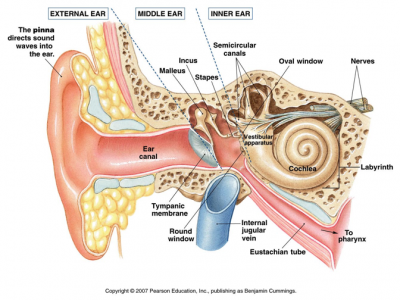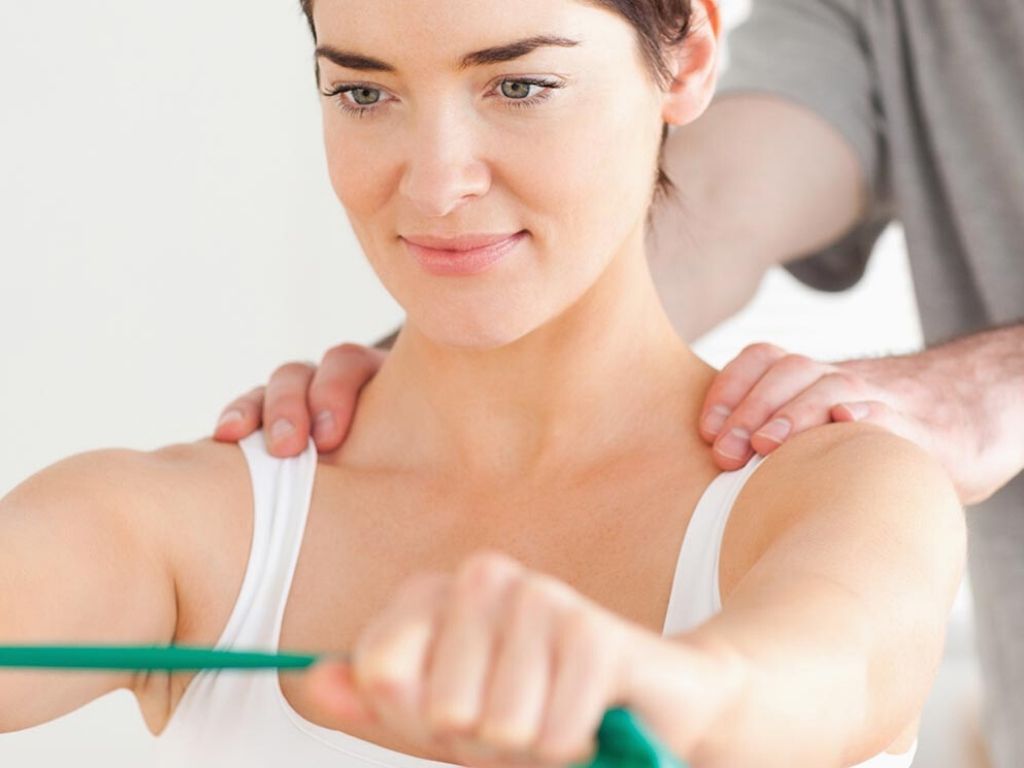The vestibular system is something that most people have no idea about. But like the rest of our body, it is extremely important and we should be taking care of it. One in three people will have vestibular problems.
What is the Vestibular System?
It is a part of the inner ear that sends information to the brain to help keep our body balance. In other words, this part of the ear is responsible for detecting the head’s position. So that our body can react accordingly to any changes in movement.

Vestibular Damage Symptoms
Disorders occur due to disease, ageing, or injury. Those with vestibular damage might experience the following symptoms:
- Dizziness
- unsteadiness when standing still
- lightheadedness
- sensation of being heavily weighted
- Imbalance
- difficulty walking straight or turning
- clumsiness
- Hard maintaining a straight posture
- needing to hold onto something when standing
- Vision Disturbance
- trouble focusing on objects
- sensitivity to light
- poor depth perception
- Change in Hearing
- hearing loss
- increased sensitivity to noise
- tinnitus
- Cognitive and/or psychological changes
- poor concentration
- forgetfulness
- difficulty understanding conversations
- depression; anxiety or panic
- reclusiveness
Other symptoms due to inner ear damage may include nausea, vomiting, ear pain, headaches or slurred speech. Patients with Meniere’s disease or (BPPV) are likely candidates for treatment. However other possible candidates include those who have had a stroke or brain injury.
What To Expect During Vestibular Rehabilitation
When the vestibular system isn’t working properly, the recommended treatment is rehabilitation therapy. A proper assessment can be time-consuming, but it is thorough. You should expect:
- Discussion on your medical history
- Nature of symptoms
- Assessment of your walk and eye movements
- Screening of the inner ear
- Testing for sensitivity to movement
- Evaluation of balance (still and moving)
- Testing of leg strength and flexibility
- Testing other possible contributing factors like the neck or blood-pressure
Based on what is found during the evaluation, a personal treatment plan will be made. Possible activities include eye exercises, training to reduce sensitivity, balance challenges and strategies to deal with cognitive/psychological symptoms.
How Successful is Vestibular Rehabilitation?
Much research has been done on vestibular rehabilitation therapy, with clinical practice guidelines and position statements provided by specialists. You can expect the treatment to improve the ability to function when performing everyday activities and reduce the risk of falling. In most cases, symptoms will significantly decrease or disappear completely.
Now that you are informed of what the vestibular system is and the possible symptoms. You can now be more aware of when issues arise. If you have any questions, don’t hesitate to contact us!

